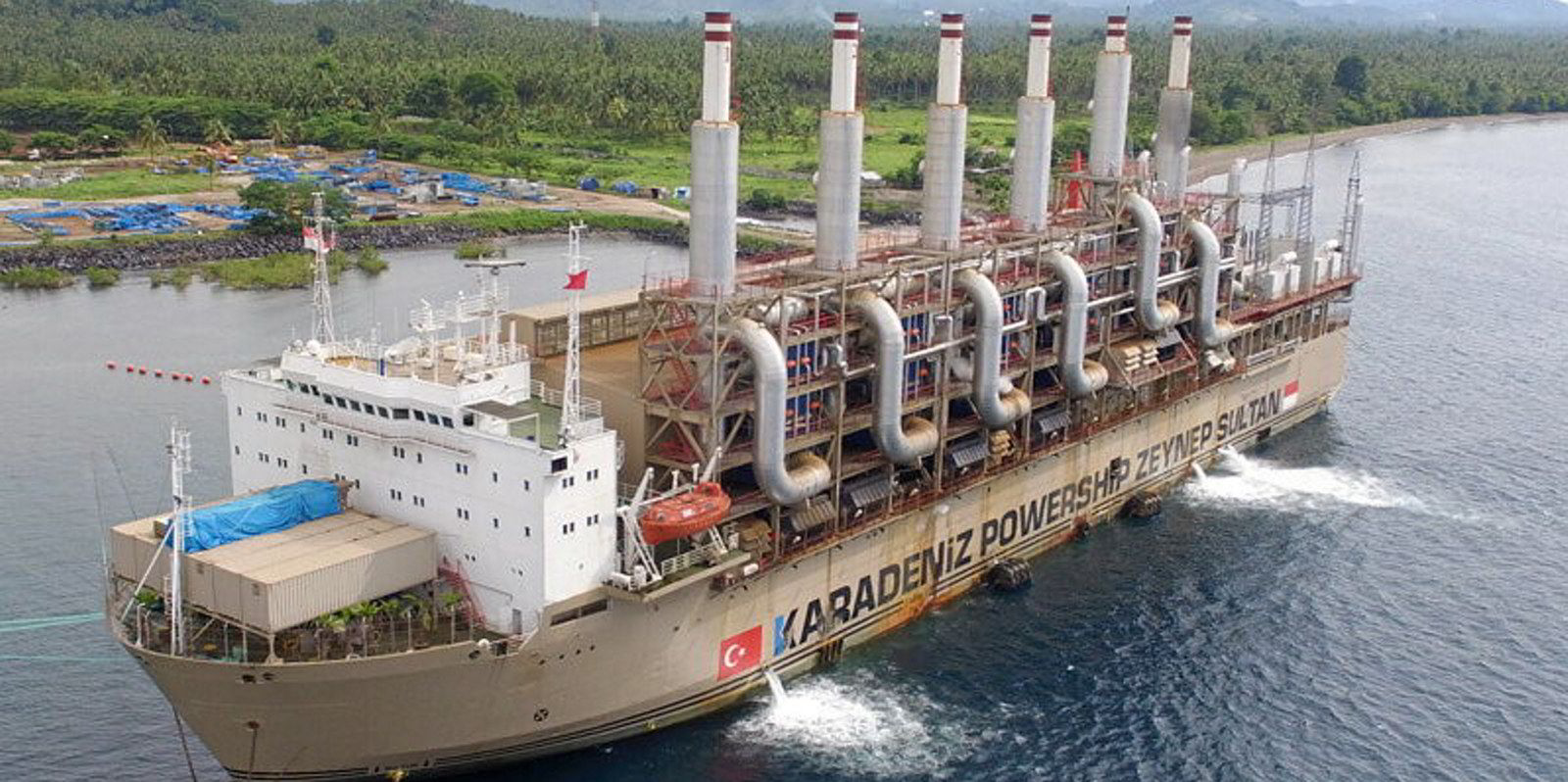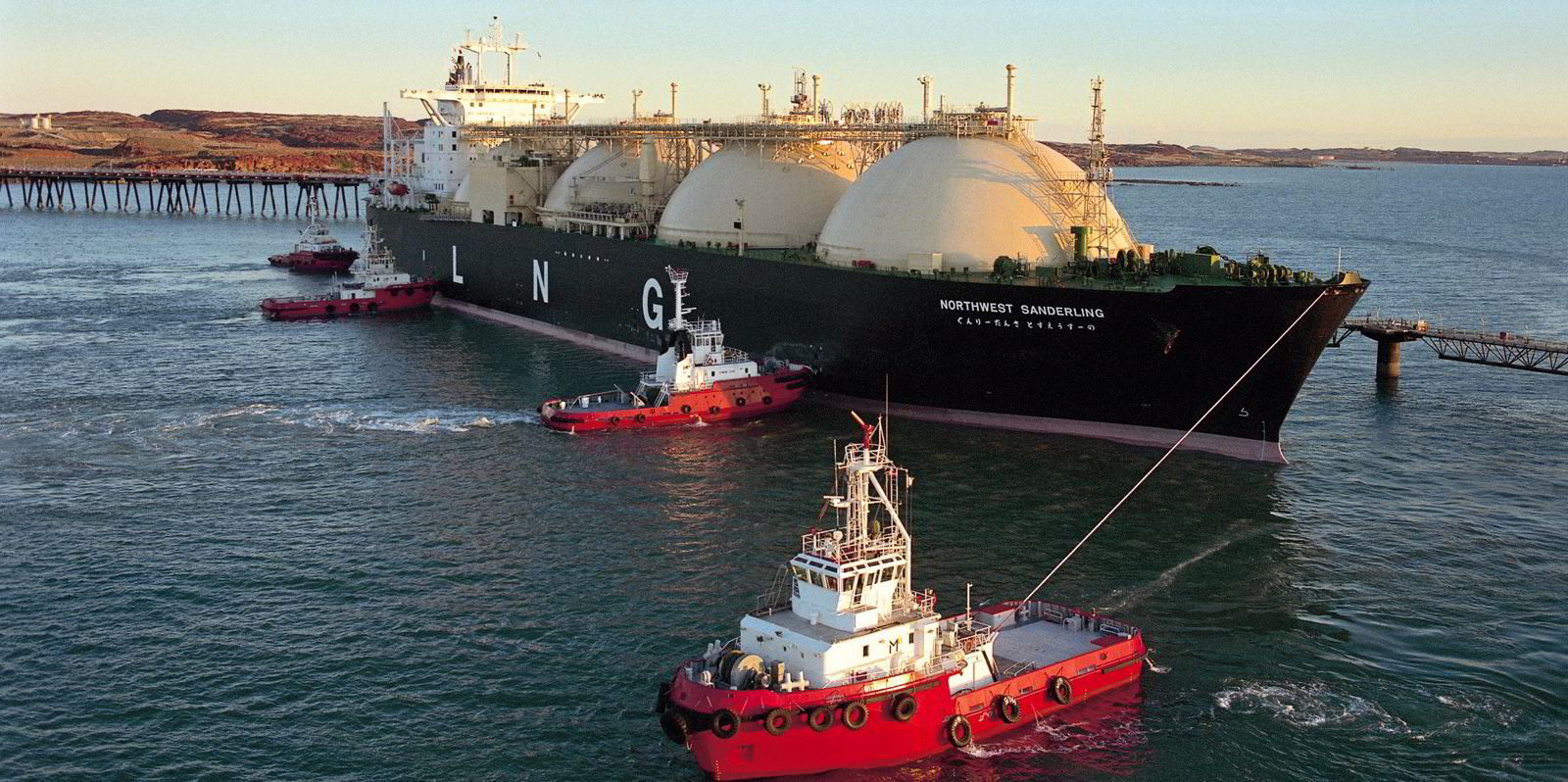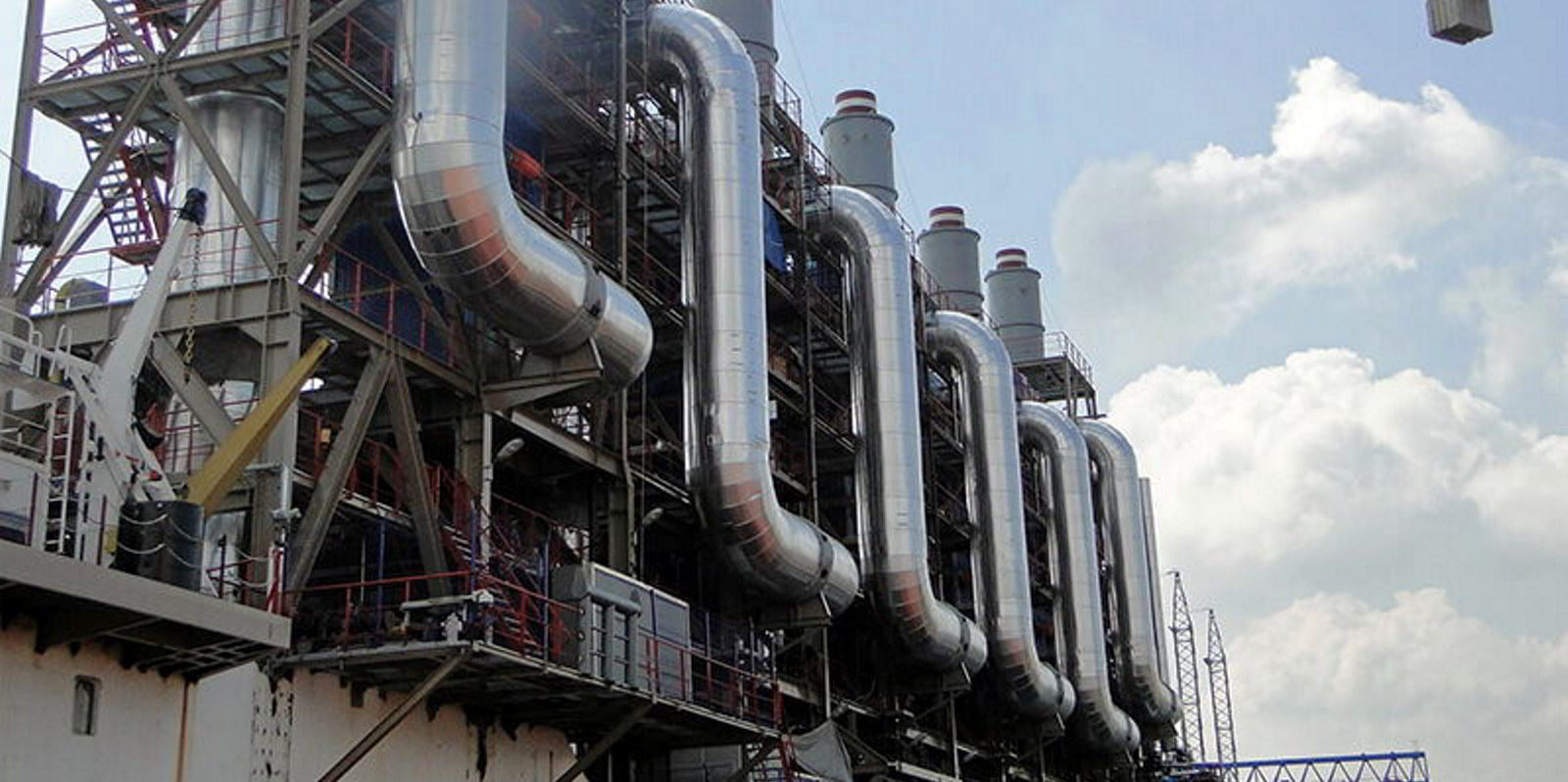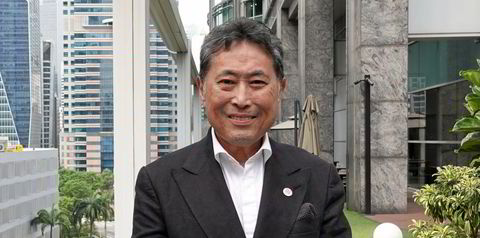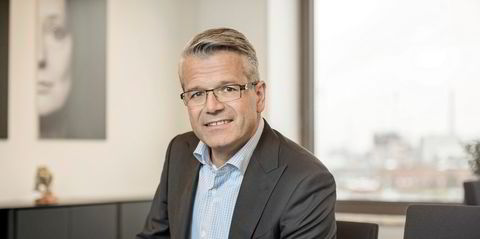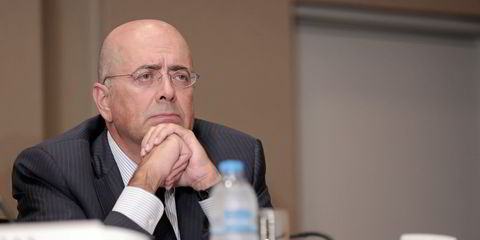Turkey’s Karpowership has won environmental authorisation for its first LNG import project in South Africa, which involves the use of a floating storage and regasification unit to supply gas to one or more of its powerships.
Karpowership said South Africa’s department of forestry, fisheries and environment granted environmental authorisation for its Richards Bay Environmental Impact Assessment application.
The company said this represents “a critical milestone” in its participation in the Risk Mitigation Independent Power Producer Procurement Programme that will lead up to reaching financial close.
“This decision is further justification that our powerships exceed both international and South African environmental standards,” it added.
Karpowership said its next focus for the Richards Bay project is reaching financial closure.
This will require the company to finalise its agreements with Transnet National Ports Authority.
Karpowership wants to site a 450 MW powership in the port of Richards Bay on the northeast coast of KwaZulu-Natal and also applied to put its vessels into Coega and Saldanha Bay. The application has been dragging on for three years.
In September, TradeWinds reported that the joint venture between Karpowership and Japanese shipowner partner Mitsui OSK Lines, known as KARMOL, plans to convert a minimum of two out of the four recently acquired former North West Shelf steam turbine LNG carriers into FSRUs to support their projects in South Africa.
Karpowership’s powerships are said to be ready for deployment to South Africa. The FSRUs, which would supply regasified LNG to the floating power plants, would be sent in once conversion work on the LNG carriers has been completed.
South Africa is moving to try and phase out coal as it decarbonises, but the country is also battling crippling power shortages.
Karpowership said its LNG-to-power projects will “make an important contribution to combating South Africa’s energy crisis through a stable, cleaner, and reliable electricity supply to the businesses and communities that so urgently need it”.
